定义于头文件 <forward_list>
| template< class T, | (1) | (C++11 起) |
| namespace pmr { template <class T> | (2) | (C++17 起) |
std::forward_list 是支持从容器中的任何位置快速插入和移除元素的容器。不支持快速随机访问。它实现为单链表,且实质上与其在 C 中实现相比无任何开销。与 std::list 相比,此容器提在不需要双向迭代时提供更有效地利用空间的存储。
在链表内或跨数个链表添加、移除和移动元素,不会非法化当前指代链表中其他元素的迭代器。然而,在从链表移除元素(通过 erase_after )时,指代对应元素的迭代器或引用会被非法化。
std::forward_list 满足容器 (Container) (除了 operator== 的复杂度始终为线性和 size 函数)、具分配器容器 (AllocatorAwareContainer) 和序列容器 (SequenceContainer) 的要求。
修改器
在元素后原位构造元素
std::forward_list<T,Allocator>::emplace_after| template< class... Args > | (C++11 起) |
在容器中的指定位置后插入新元素。原位构造元素,即不进行复制或移动操作。准确地以与提供给函数者相同的参数调用元素的构造函数。
没有引用和迭代器被非法化。
参数
| pos | - | 新元素将构造于其后的迭代器 |
| args | - | 转发给元素构造函数的参数 |
返回值
指向新元素的迭代器。
复杂度
常数。
异常
若抛出任何异常(例如由构造函数),则容器留在未修改状态,如同从未调用过此函数(强异常保证)。
清除内容
std::forward_list<T,Allocator>::clear| void clear() noexcept; | (C++11 起) |
从容器擦除所有元素。此调用后 size() 返回零。
非法化任何指代所含元素的引用、指针或迭代器。任何尾后迭代器保持合法。
参数
(无)
返回值
(无)
复杂度
与容器大小,即元素数成线性。
改变容器中可存储元素的个数
std::forward_list<T,Allocator>::resize| void resize( size_type count ); | (1) | |
| void resize( size_type count, const value_type& value ); | (2) |
重设容器大小以容纳 count 个元素。
若当前大小大于 count ,则减小容器为其首 count 个元素。
若当前大小小于 count ,
1) 则后附额外的默认插入的元素
2) 则后附额外的 value 的副本
参数
| count | - | 容器的大小 |
| value | - | 用以初始化新元素的值 |
| 类型要求 | ||
- 为使用重载 (1) , T 必须满足可默认插入 (DefaultInsertable) 的要求。 | ||
- 为使用重载 (2) , T 必须满足可复制插入 (CopyInsertable) 的要求。 | ||
返回值
(无)
复杂度
与当前大小和 count 间的差成线性。可能有遍历链表以抵达首个要擦除元素/插入位置结尾所致的额外复杂度。
调用示例
#include <iostream>
#include <forward_list>
#include <string>
#include <iterator>
#include <algorithm>
#include <time.h>
using namespace std;
struct Cell
{
int x;
int y;
Cell() = default;
Cell(int a, int b): x(a), y(b) {}
Cell &operator +=(const Cell &cell)
{
x += cell.x;
y += cell.y;
return *this;
}
Cell &operator +(const Cell &cell)
{
x += cell.x;
y += cell.y;
return *this;
}
Cell &operator *(const Cell &cell)
{
x *= cell.x;
y *= cell.y;
return *this;
}
Cell &operator ++()
{
x += 1;
y += 1;
return *this;
}
bool operator <(const Cell &cell) const
{
if (x == cell.x)
{
return y < cell.y;
}
else
{
return x < cell.x;
}
}
bool operator ==(const Cell &cell) const
{
return x == cell.x && y == cell.y;
}
};
std::ostream &operator<<(std::ostream &os, const Cell &cell)
{
os << "{" << cell.x << "," << cell.y << "}";
return os;
}
int main()
{
std::cout << std::boolalpha;
std::mt19937 g{std::random_device{}()};
srand((unsigned)time(NULL));;
auto generate = []()
{
int n = std::rand() % 10 + 100;
Cell cell{n, n};
return cell;
};
std::forward_list<Cell> forward_list1;
for (size_t index = 0; index < 3; index ++)
{
//在容器中的指定位置后插入新元素。
forward_list1.emplace_after(forward_list1.before_begin(), std::rand() % 10 + 100, std::rand() % 10 + 100);
std::cout << "forward_list1: ";
std::copy(forward_list1.begin(), forward_list1.end(), std::ostream_iterator<Cell>(std::cout, " "));
std::cout << std::endl;
}
std::cout << std::endl;
//从容器擦除所有元素。此调用后 size() 返回零。
forward_list1.clear();
std::cout << "forward_list1 empty : " << forward_list1.empty() << std::endl;
std::cout << "forward_list1 size : " << std::distance(forward_list1.begin(), forward_list1.end()) << std::endl;
std::cout << std::endl;
//重设容器大小以容纳 count 个元素。1) 则后附额外的默认插入的元素
forward_list1.resize(6);
std::cout << "forward_list1 empty : " << forward_list1.empty() << std::endl;
std::cout << "forward_list1 size : " << std::distance(forward_list1.begin(), forward_list1.end()) << std::endl;
std::cout << "forward_list1: ";
std::copy(forward_list1.begin(), forward_list1.end(), std::ostream_iterator<Cell>(std::cout, " "));
std::cout << std::endl;
//重设容器大小以容纳 count 个元素。2) 则后附额外的 value 的副本
//根据打印内容,感觉有bug
forward_list1.resize(5, Cell{101, 101});
std::cout << "forward_list1 empty : " << forward_list1.empty() << std::endl;
std::cout << "forward_list1 size : " << std::distance(forward_list1.begin(), forward_list1.end()) << std::endl;
std::cout << "forward_list1: ";
std::copy(forward_list1.begin(), forward_list1.end(), std::ostream_iterator<Cell>(std::cout, " "));
std::cout << std::endl;
return 0;
}
输出
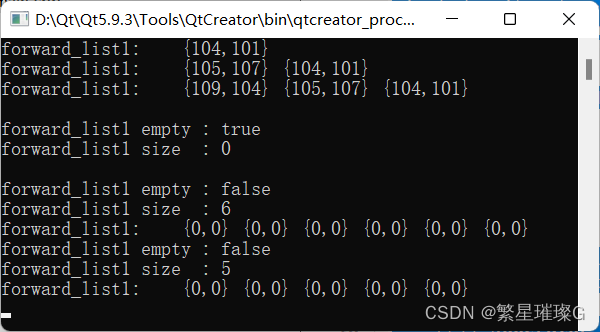
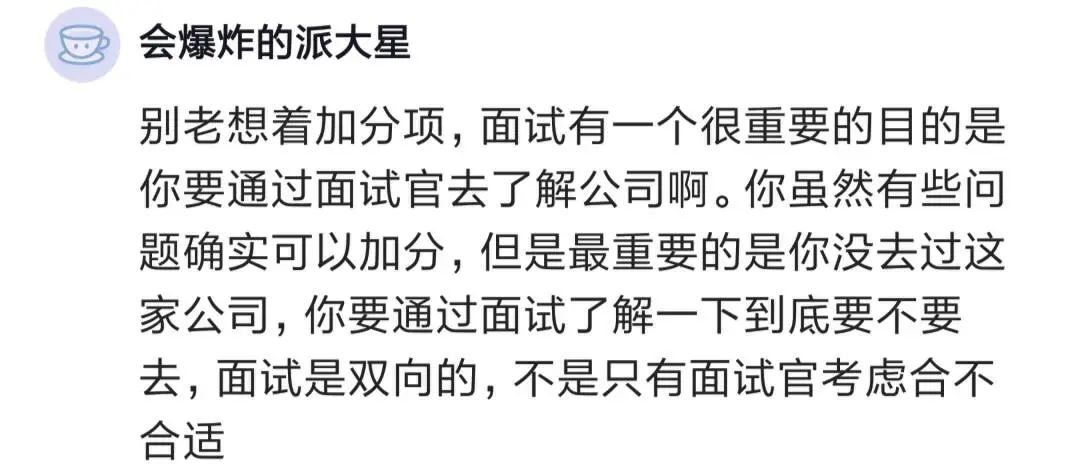
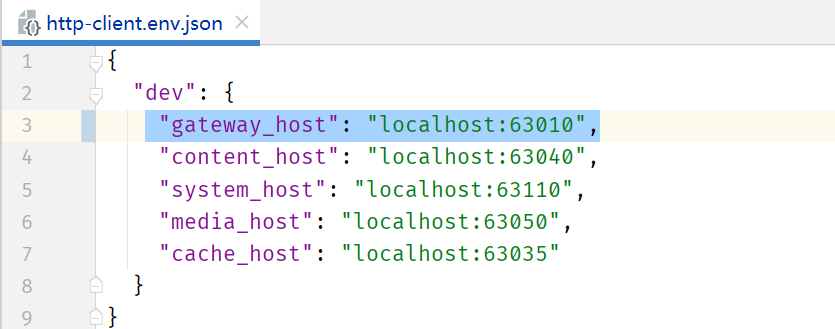


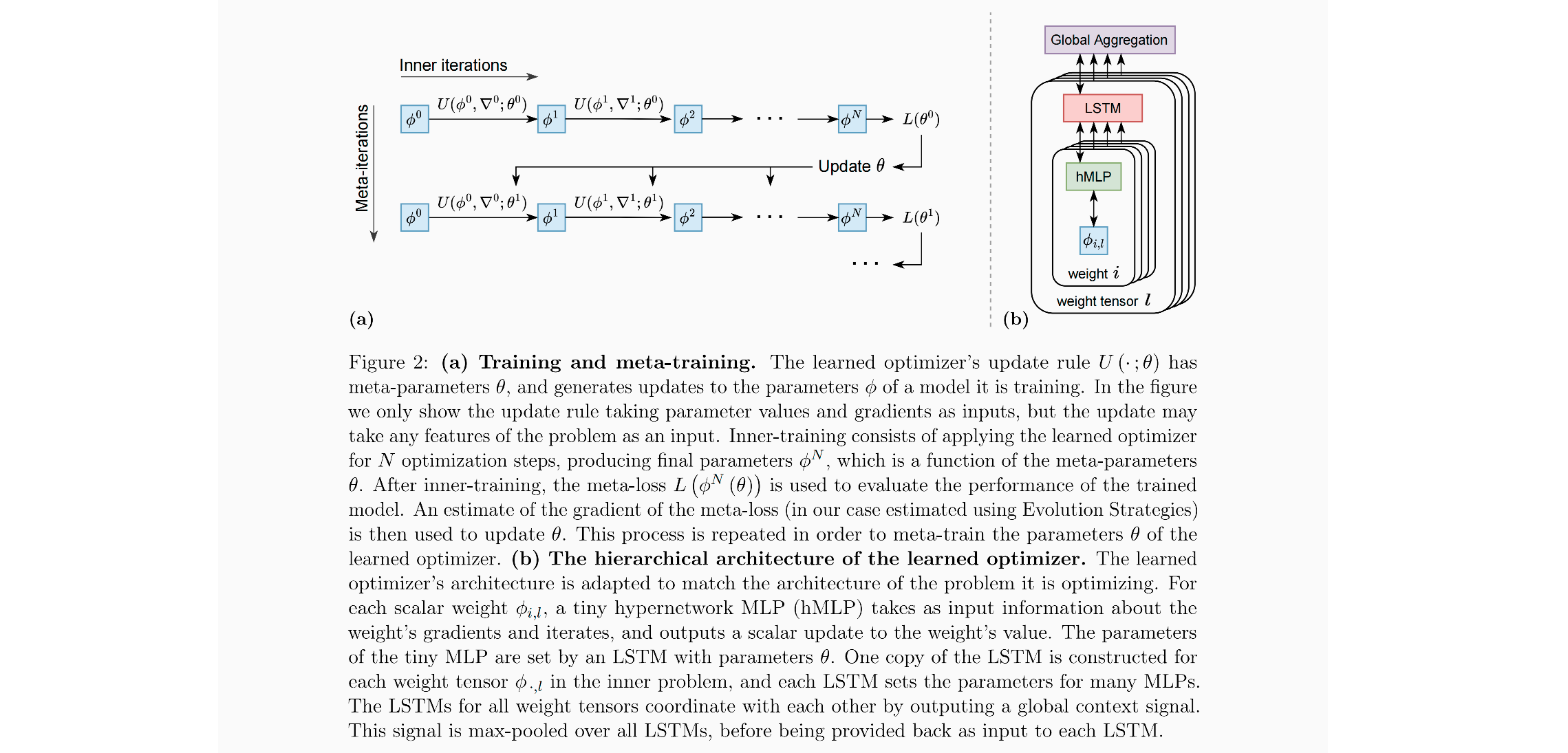

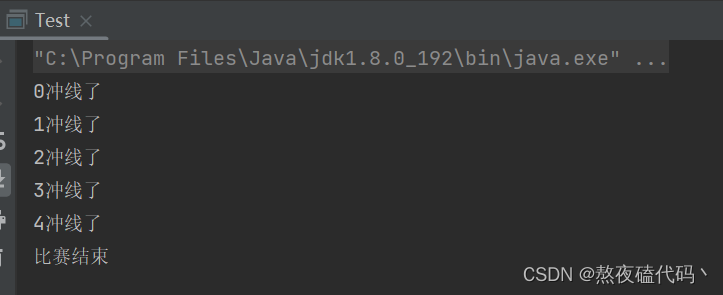

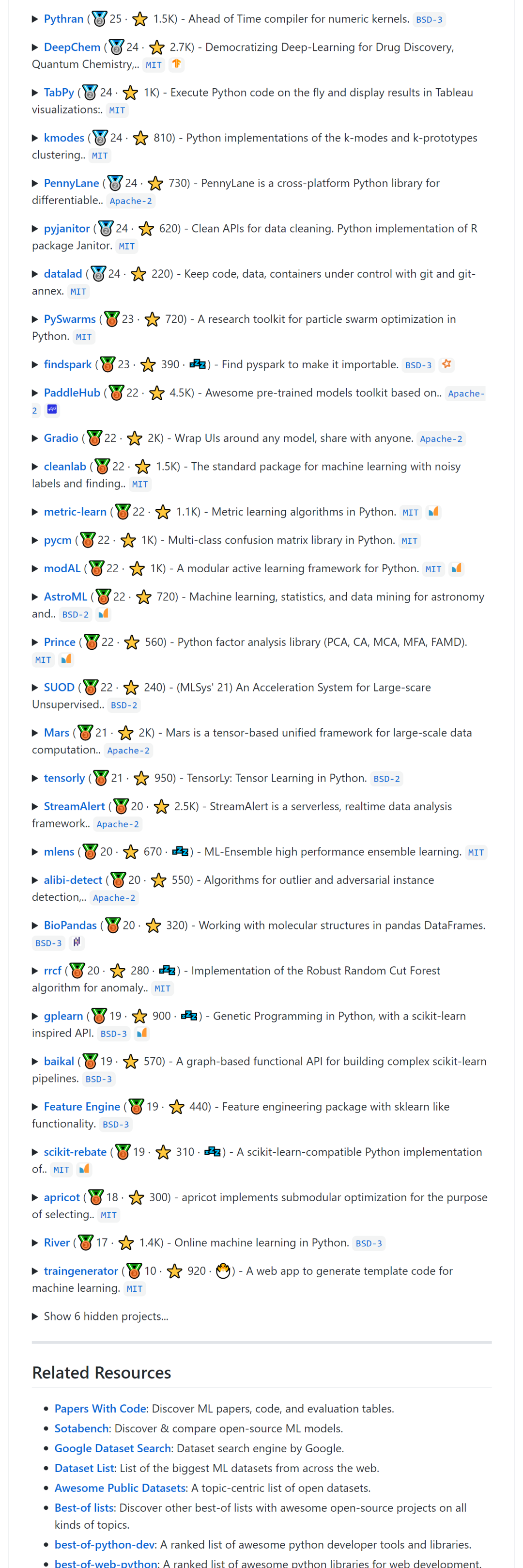

![[硬核] Bootstrap Blazor Table 综合演示例子](https://img-blog.csdnimg.cn/img_convert/83cc3b1324c50758031c1c2cf53d6547.gif)



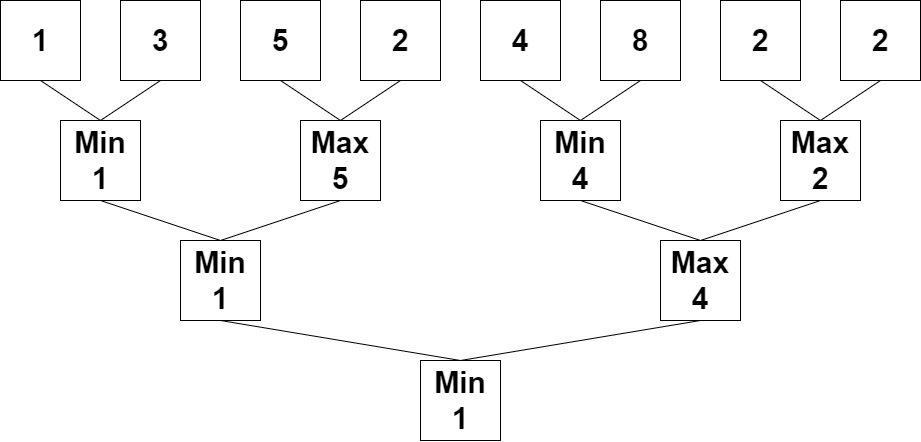
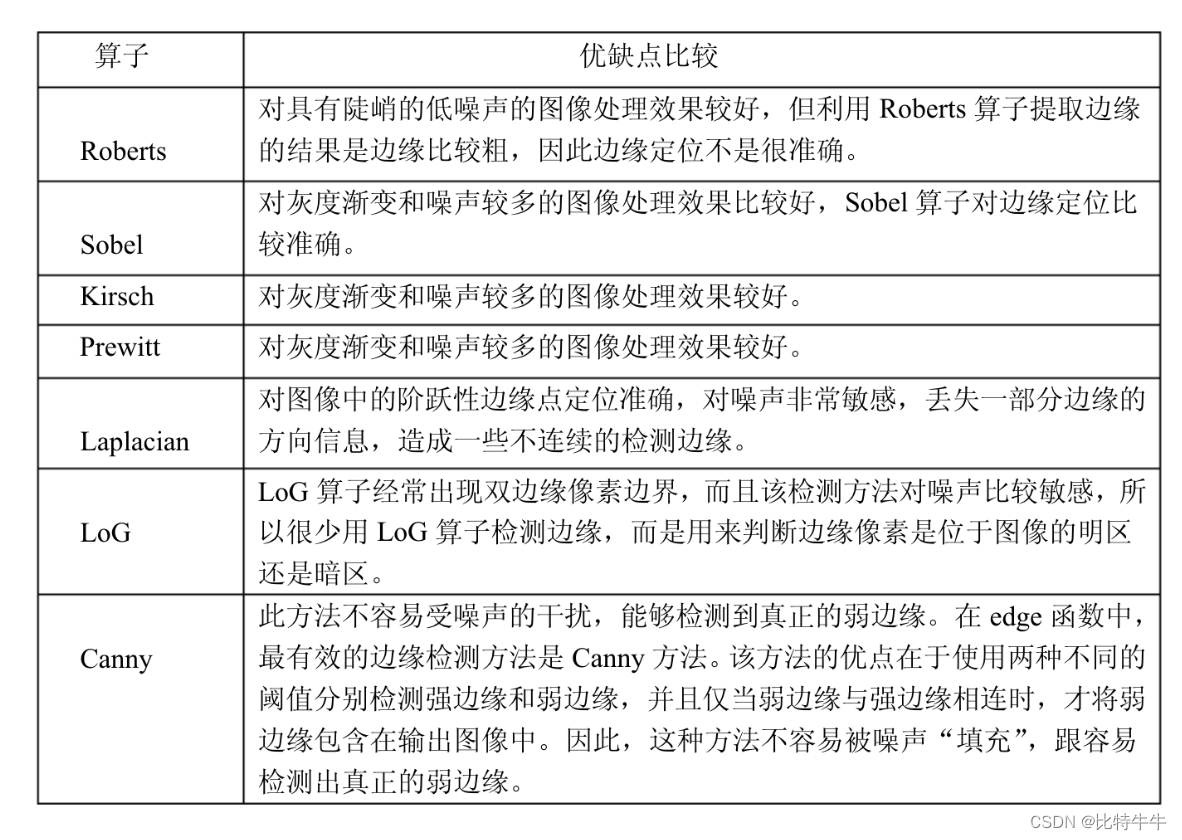
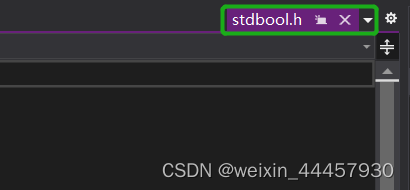
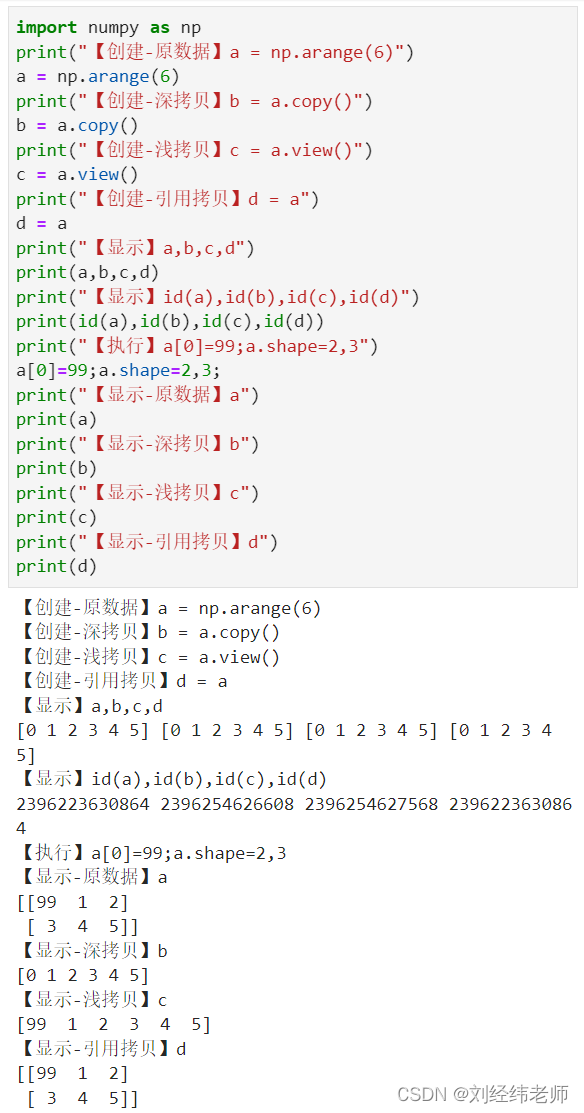
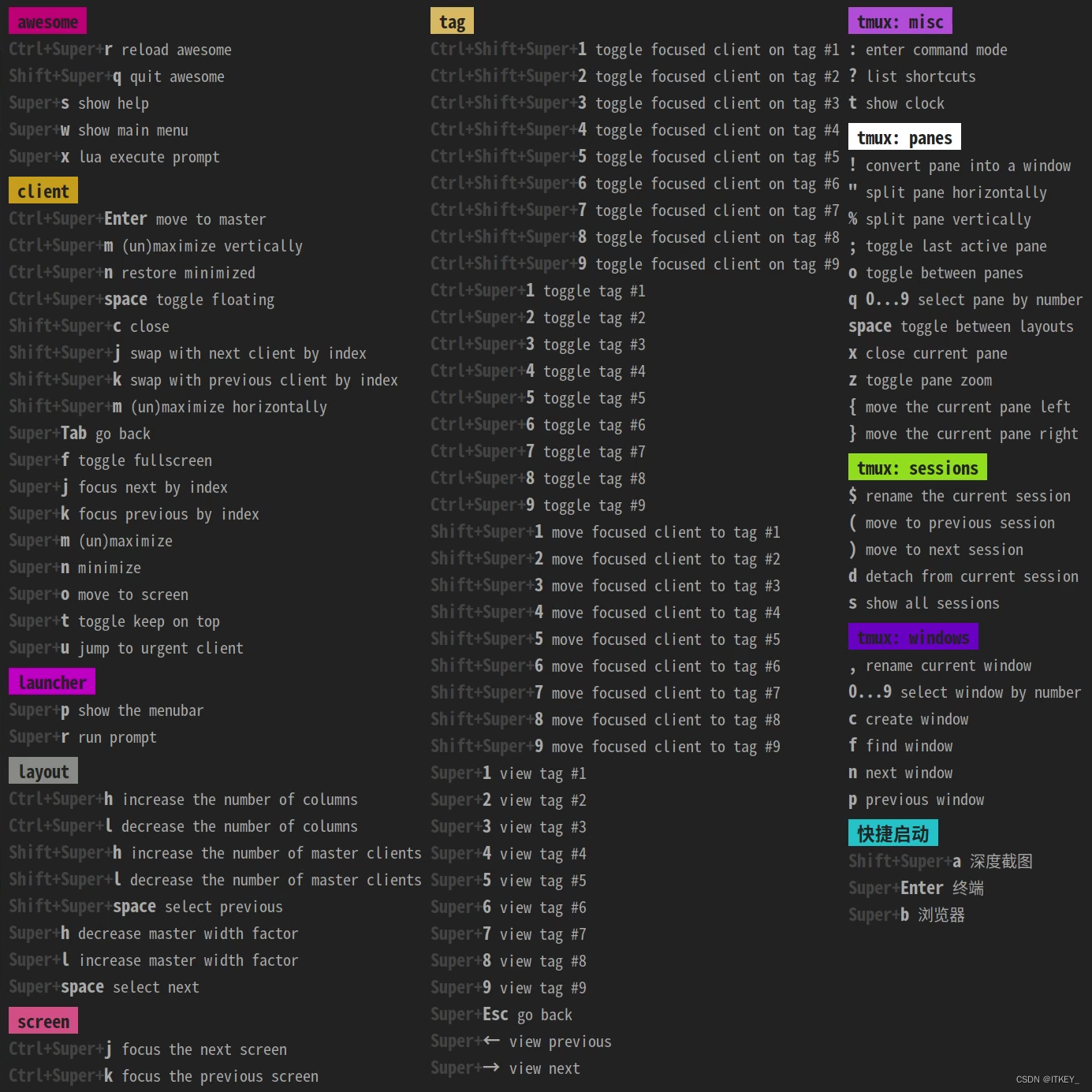
![[Android Studio] 如何查看Android Studio的版本信息](https://img-blog.csdnimg.cn/24b696d76d374a9992017e1625389592.gif)